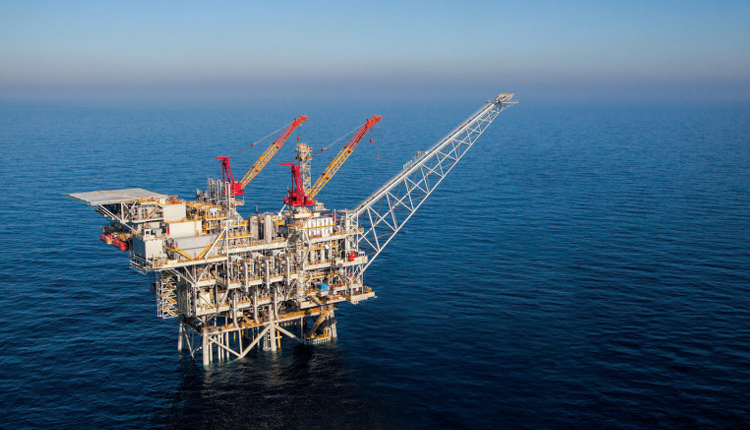Former minister of petroleum and mineral resources Osama Kamal said the imminent deal transferring the ownership of the East Mediterranean Gas (EMG) subsea pipeline, that runs from Egypt to Israel, to a new venture comprising Israel’s Delek Drilling, Texas-based Noble Energy and Egypt’s EMG, known as EMED, was in Egypt’s best interest.
Kamal explained that the Israeli side had obtained court rulings that obliged Egypt to pay a $288 million fine.
The EMG pipeline operator signed a deal to use a terminal belonging to Israel’s Europe Asia Pipeline Company (EAPC) to export natural gas to Egypt, the companies said on Sunday.
The pipeline arrangement was one of the final hurdles before Israel could begin selling gas to Egypt in a landmark $15 billion export deal.
Egypt and Israel had originally agreed to supply through the pipeline 1.7 billion cubic metres, or 60 billion cubic feet, of natural gas per year to be used by the Israel Electric Corporation. The amount increased to reach 2.1 billion cubic metres, or 74 billion cubic feet, per year to be delivered through the year 2028.
In late 2009, EMG signed contracts to supply through the pipeline additional two billion cubic metres, or 71 billion cubic feet, per year to Israel’s private electricity generators and to be used for other industrial purposes.
However, in the wake of Egypt’s 25 January 2011 Revolution, and after the EMG pipeline had been operating for sometime, the flow of natural gas to Israel was seized for repair, amid Egyptians’ calls for stopping the export of natural gas to Israel at the low price fixed at the time.
ٍSince then, Egypt had had to respond to multiple lawsuits initiated by Israel, which accused Egypt of breaching supply agreements signed with Israel.
Kamal told Ahram Online that instead of paying a fine, Egypt went through protracted negotiations that ended in June with the termination of partnership between the two sides. It was agreed Egypt would pay Israel a settlement of $500 million.
Some $60 million had already been paid, and in six months Egypt will pay $40 million. The rest of the settlement will be paid in installments over eight years, with each installment estimated at $50 million.
“Negotiations started in April 2013 when I was the minister of petroleum. The foreign partners at that time wanted to use the court rulings in their favour to pressure Egypt to accommodate their demands which were to provide more facilities to transit gas through Egypt’s pipelines,” Kamal said.
One of the points Egypt and foreign investors stood to benefit the most from the new deal, according to Kamal, was that it would revive the stalled natural gas liquidation stations of Egypt.
According to the deal, a 39 percent share in the natural gas pipeline was transferred to EMED for $520 million. Egypt’s EMG obtained a controlling 50 percent stake in the venture, while Delek Drilling and Noble Energy each held a 25 percent stake.
Meanwhile, Egypt is striving to be a regional hub for exporting natural gas via its three natural gas liquidation stations. To this end, Egypt has allowed the private sector to play a role in natural gas trading and exporting in 2017 by issuing a new law that regulated Egypt’s natural gas market.
The supply deal with Egypt is expected to start in January 2020, according to statements by Delek Drilling and Noble Energy.
Source: Ahram Online


